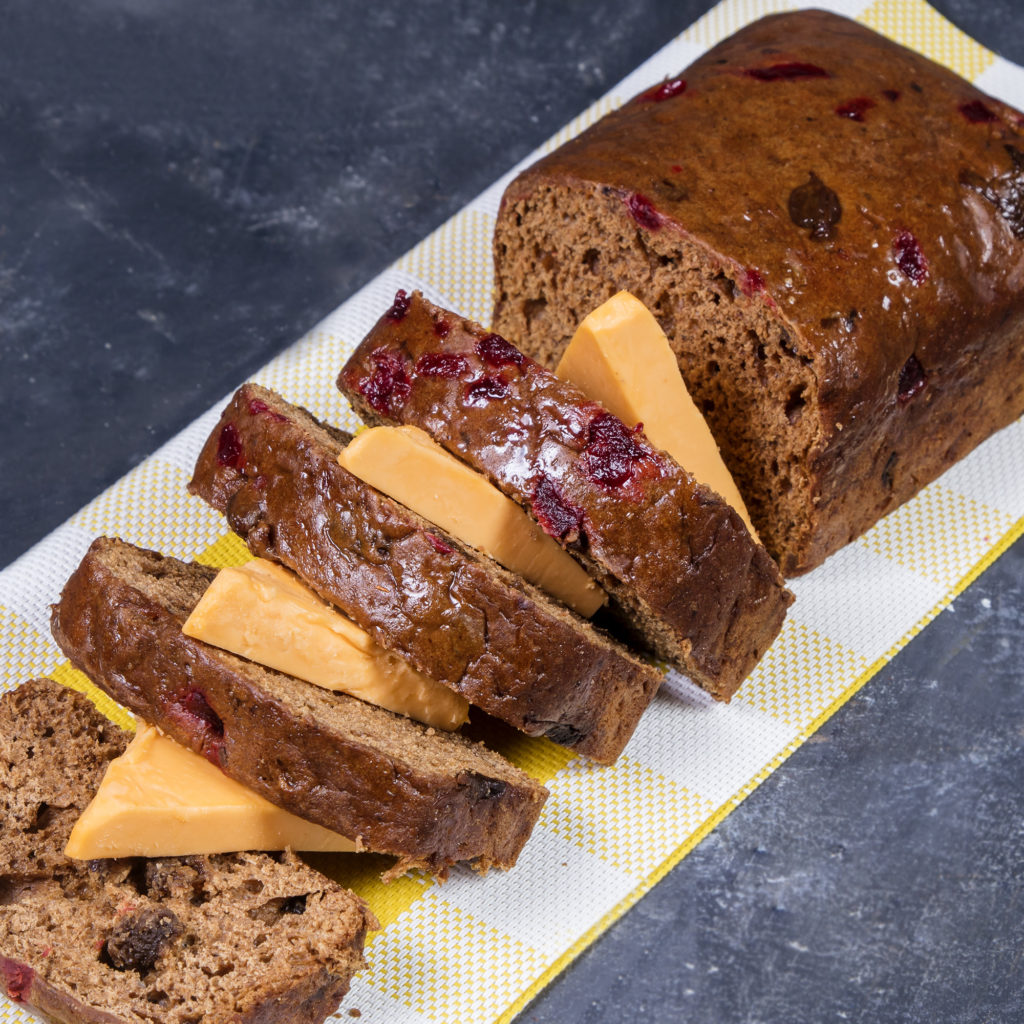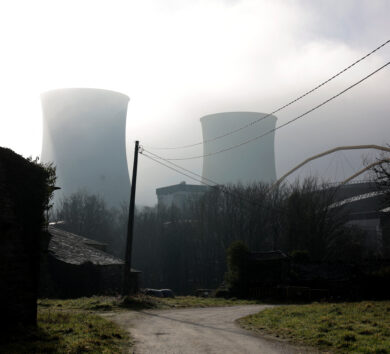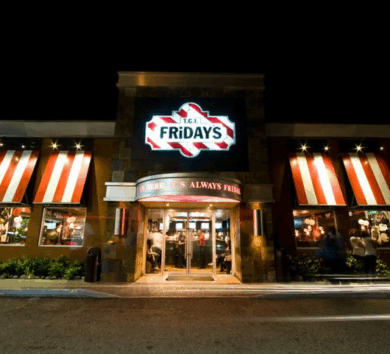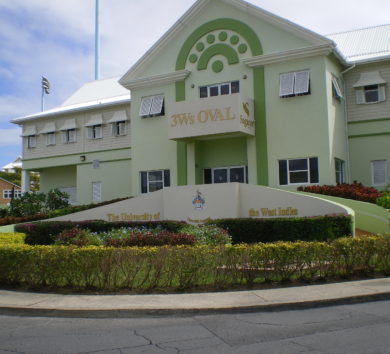

The weeks leading up to the Easter holidays usually feature an uptick in the number of Jamaican supermarkets and small stores where bun and tin cheese are sold.
This is as residents begin to purchase the sweet bun in bulk, in preparation for the holidays.
While the tradition of eating bun and cheese during the Easter season is kept alive by Jamaicans at home and abroad, few people are aware of how the tradition actually started.
The tradition of eating buns during Easter is a British tradition that developed between the 1600 and 1700s, that was later assimilated into Jamaican culture during colonisation.

In the United Kingdom, small, round, and slightly sweet buns, called hot cross buns, were made with a cross cut into the tops.
These buns were typically eaten during Easter, a tradition the British carried with them when they colonised the island.
Over time, Jamaicans put their own spin on the custom and variations of hot cross buns were made and sold in Jamaica, with the same tradition of eating it during Easter.
Eventually, as with many other baked goods, Jamaicans added cheese into the mix and began the tradition of a bun and cheese sandwich.
While bun and cheese are sold all year round, there is generally a spike in sales during Easter owing to the tradition.







Comments